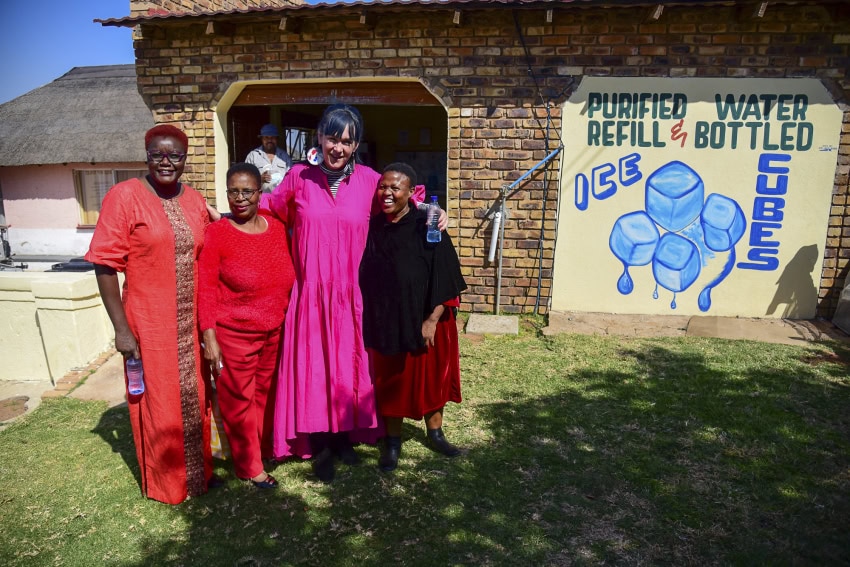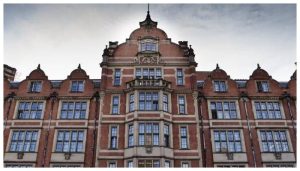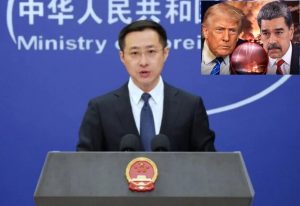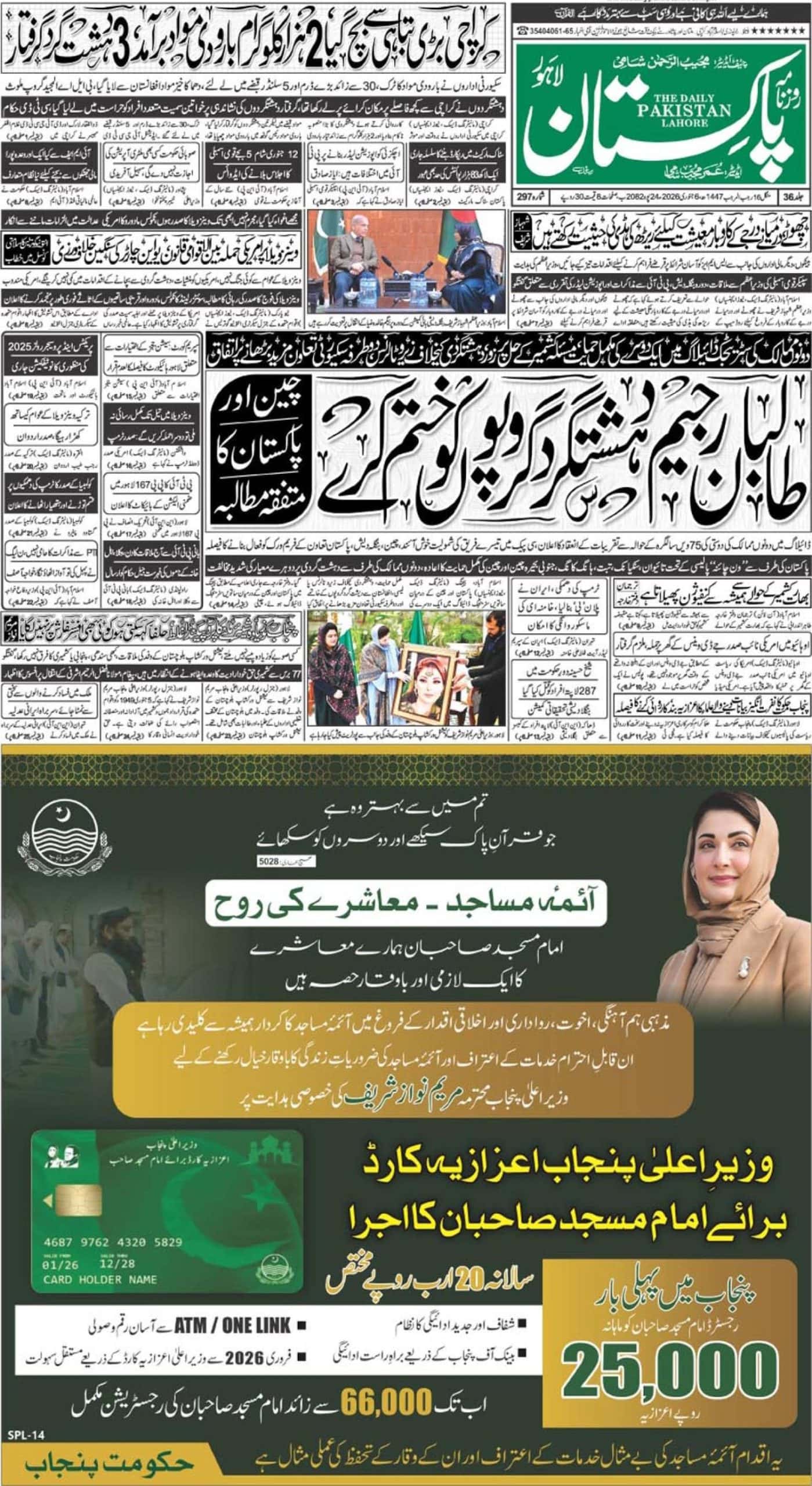During a recent field visit to South Africa, NAMA Women Advancement (NAMA) reviewed both the achievements and challenges of its “Stimulating Equal Opportunities for Women Entrepreneurs” flagship programme, launched in the country in partnership with UN Women in 2018 to remove structural barriers to gender equality and foster women’s economic empowerment.
Participating in a series of roundtable discussions, briefing meetings, and field visits with HE Mahash Saeed Al Hameli, UAE Ambassador to South Africa, Fatima Yousuf Al Suwaidi, First Secretary at the UAE Embassy in South Africa, stakeholders, national partners, and beneficiaries of the programme during the five-day visit, NAMA also identified areas for improvement and new opportunities to expand its footprints in empowering women entrepreneurs worldwide.
With a focus on South Africa and the UAE, the Flagship Programme Initiative (FPI) is designed to build and maximise the capacity of women-owned businesses to benefit from public and private sector procurement contracts, especially in non-traditional sectors. By leveraging the commitment of the government and corporate sectors, the programme aims to foster the creation of an SME support ecosystem and facilitate access to new procurement markets and finance, while also addressing the demand and supply constraints of buyers and entrepreneurs.
Leading the NAMA delegation, Her Excellency Reem BinKaram, Director of NAMA, outlined the transformational potential of creating an enabling ecosystem for women entrepreneurs by leveraging gender-responsive procurement as a force for strengthening the capacities of women business owners to access finance and enterprise development.
A broad range of stakeholders including representatives of UN Women, officials from the South African government, private sector entities – namely signatories of Women’s Empowerment Principles (WEPs), representatives of women associations, local NGOs, and training institutions were part of the visit that highlighted the progress of NAMA’s flagship programme activities in South Africa to identify best practices and lessons learned.
Creating an equitable future
Implemented in partnership with UN Women, governments, the private sector, investors, civil society, women entrepreneurs, and women’s enterprise associations, the ongoing Flagship Programme Initiative offers capacity building to women-owned enterprises. Under the FPI, UN Women has also spearheaded high-level advocacy and dialogue to place gender-responsive procurement as a strategic lever for driving women’s enterprise development.
Commenting on the visit, Her Excellency Reem BinKaram, Director of NAMA, said: “We are committed to promoting gender equality and empowering female entrepreneurs and business owners, by creating market opportunities for women-led businesses worldwide. Providing them with equal opportunities enables women entrepreneurs to grow and thrive as leaders, innovators, and high-impact changemakers.”
She added: “Guided by the vision and strong leadership of Her Highness Sheikha Jawaher Bint Mohammed Al Qasimi, wife of the Ruler of Sharjah, and Chairperson of NAMA, our strategic collaboration with UN Women in launching the Flagship Programme Initiative is aiming to transform the business landscape and close gender gaps in South Africa by promoting women’s economic empowerment. Together with the unwavering support of our partner, UN Women, NAMA is fulfilling its vision of uplifting women and creating a more equitable future for women worldwide.”
Aleta Miller, South Africa Multi-Country Representative for UN Women said “UN Women’s long standing partnership with NAMA Advancement for Women, & the South African Government & people, has led to positive, tangible outcomes for women across South Africa.
What’s made the programme implemented with support of NAMA Advancement for Women so successful, is working at all levels to overcome systemic structural barriers .This included two key strategies: facilitating women’s access to procurement opportunities from both the public and private sector by creating an enabling environment; and providing consistent capacity support to women-owned enterprises
South Africa demonstrates the power of bringing women into the economy, & NAMA Advancement for Women has played a key role in supporting a host of successful initiatives.”
Reaching over 16,000 women in South Africa
Since its commencement in South Africa, projects initiated under FPI have enhanced the capacities of more than 16,000 women-owned enterprises to participate in various value chains.
A total of 6,452 women entrepreneurs have benefited from skills and capacity development programmes, enhancing their participation in procurement processes and increasing their access to business opportunities, income, and growth. Five sustainable and scalable capacity-building ecosystem approaches and models for women-owned businesses have also been developed here to date.
Leveraging the technology of Buyfromwomen, an innovative e-commerce platform, the flagship project has connected Women Owned Enterprises (WOEs) in Energy, Transport, Agriculture and General Entrepreneurship to improve access to markets.
With x7 modules, the Learning Management System (LMS) assisted women in assessing online self-paced training during Covid-19. Of the 3,693 women who were profiled, 1,264 enrolled on the LMS.
UN Women’s advocacy efforts further delivered results when the President of South Africa earmarked 40 per cent of public procurement projects for women-owned enterprises. Key government sector departments such as the Department of Energy and Mineral Resources and the Department of Women, Youth & Persons with Disabilities have commenced procurement spending on women-owned businesses in the sanitary dignity value chain.
In line with the programme goals in 2019, the Amathole District Municipality reviewed its supply chain policies and set specific targets for women-owned enterprises, effectively increasing its procurement spend on women-owned businesses from 4% to 38%. Together with the German Agency for International Cooperation (GIZ), UN Women worked with the municipality to mobilise 300 WOBs within the targeted district to learn about their participation in supply chains and create a database of women-owned enterprises in the Amathole District.














